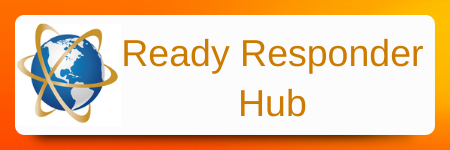World Cares Center offers free emotional resiliency and suicide prevention trainings through our Resilient Worker Initiative. The goal of these training modules is to raise awareness on workplace mental health and suicide prevention among the workforce. The Resilient Worker Initiative targets businesses that may not have the resources to train and develop mental health related programs.
The Resilient Worker Initiative offers four different training modules – two for workers and staff, offered in English and Spanish, and two for employers and managers. Throughout the training modules, information and resources will be shared on currently known mental health and emotional resiliency stressors.



